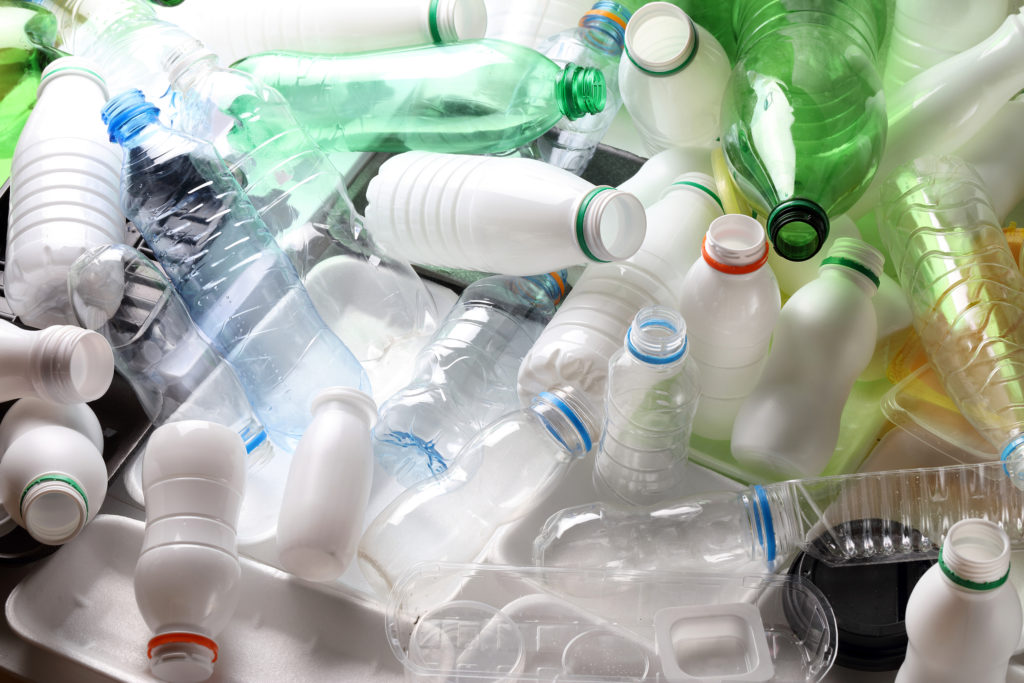The consultancy firm said in a report published today (9 May) that while it welcomes the government’s “largely pragmatic approach” to producer responsibility, it “urged caution” over costs.
The report comes on the back of Defra’s extended producer responsibility (EPR) consultation response in March, and the subsequent consultation on reforming the packaging recover note system (PRN).
In the EPR consultation response, Defra revealed the current PRN arrangements will continue, and also released a separate consultation which contained several proposals to address issues and improve the overall effectiveness of the system (see letsrecycle.com story).
The PRN value has to either be capped or fixed
- Andrew McCaffery, ecoveritas
‘Two-tier system’
Andrew McCaffery, EPR director at ecoveritas, explained that the company views the decision to continue with direct incentives for processors as a “welcome nod to the size and scale of the contributions required”.

However, he warned that under a “two-tier system” of PRN and EPR reform, costs could rise.
“The PRN reforms go some way towards improving the evidence note trading system and securing better environmental outcomes,” he explained.
He continued: “The proposed reforms breathe new life into a system that needs change, but could go further and also clarity is required.
“If the PRN system is to be retained in its current form then there must be greater level of traceability of PRNs and tougher in its enforcement on waste packaging exports.
“In our opinion, the PRN value has to either be capped or fixed for the new system to work, with the bulk of producer costs going to the collection system.
“Not only would this create a better investment environment for the recycling industry, but it would also demonstrate an efficient way for producers to pay for recycling.”
He added that clarity “remains key” regarding the cost implications of this two-system approach.
“Concise signposting to available support will also be crucial in preventing the overburdening and disincentivising of producers and processors,” he added.
Cautious approach
In the second EPR consultation response, Defra rowed back on plans to introduce a £1 billion plan to reform business packaging waste collections, reducing the overall cost to £1.7 billion.
Mr McCaffery said in the report that this “more cautious approach” could still lead to increased costs if the new PRN system runs with EPR too.
He pointed to “significant evidence” that the increase in recycling rates over the past two decades has been as a consequence of central government funding for waste collection and a rising landfill tax.
While “there is a role for PRNs in providing evidence that recycling has occurred”, it must be fixed or capped using a compliance fee, or waste collectors might not receive enough funds to cover costs, he concluded.
More information
For more information and a copy of the full report, contact ecoveritas












Subscribe for free